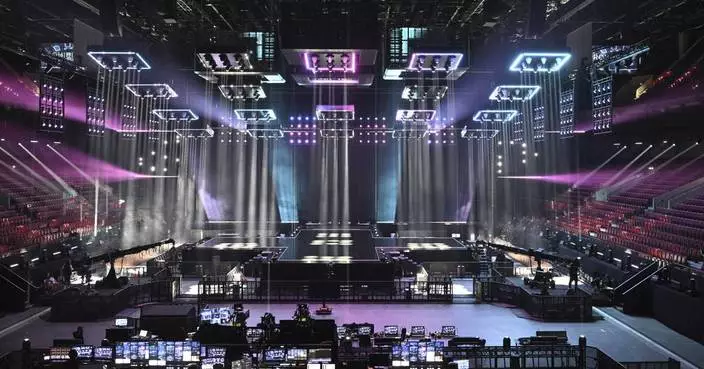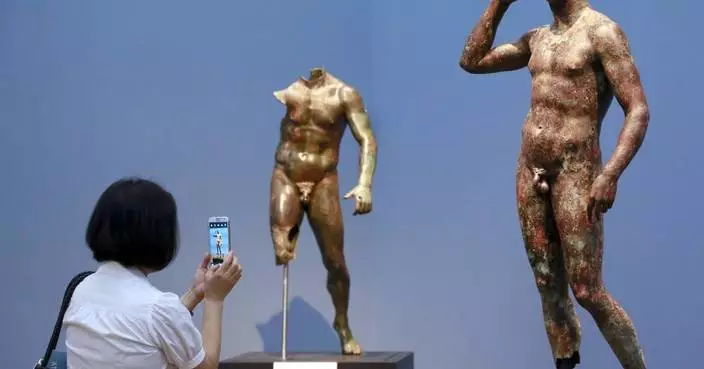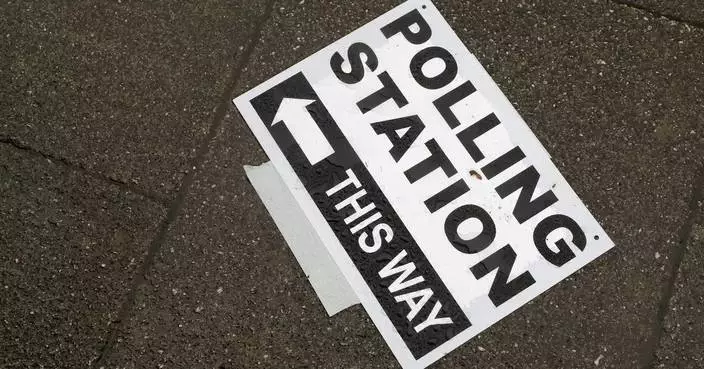Since the day they were founded, the Olympics have had a confusing relationship with money. The games were supposed to celebrate sport for sport's sake. But the price athletes paid to be any good was far too high, and it took virtually no time for the concept of amateurism that the Olympics rested on to be viewed as unrealistic, if not an all-out ruse.
This week's news that track's international federation will pay $50,000 to gold-medal winners at the Paris Games was the latest step in a century's worth of unraveling the myth of amateurism at the Olympics.
A look at some key points along the way:
As early as 1894, two years before the first modern Olympics, Pierre de Coubertin was sounding different notes about the concept of amateurism. In one speech, according to the authoritative book on the topic, “The Rise and Fall of Olympic Amateurism,” he “warned against the ‘spirit of gain and professionalism’ that threatened its existence.'” But not long after that, “he denounced amateurism as ‘an admirable mummy.’”
In what's considered one of the most shameful episodes in the history of the games, the IOC stripped Jim Thorpe of the two gold medals he won at the 1912 Stockholm Olympics because he had played semi-pro baseball before that. The IOC restored the medals in 1983, 30 years after his death.
As the Cold War began, the Soviet Union, East Germany and other Eastern bloc satellites started handing well-paying “jobs” in the military and other civil services to Olympic athletes. They earned big salaries for doing virtually no work related to that title. Their main job was training, and though they weren't officially paid to play their sports, nobody tried to disguise this ruse. Some believe this led to a low point in the 1970s for the American Olympic movement, which was largely still adhering to strict amateur rules.
The IOC began tinkering with its Rule 26, the rule that inscribed the amateur imprimatur to the Olympics, in the mid-1970s. An IOC member involved in the changes, Willi Daume, put it best when he pointed to the billion-dollar business the Olympics had become: “It is only the athletes that have to make sacrifices and show proof of asceticism,” he said. The IOC began letting individual sports federations write their own rules about amateurism. The track federation was among the first to make a move toward allowing athletes to get paid, though at first, it demanded they put their earnings in a trust.
When Juan Antonio Samaranch became IOC president in 1980, he made it clear he wanted the best athletes at the Olympics. The IOC worked hard with soccer, ice hockey and tennis (a demonstration sport in 1984 and in the official program in 1988), which for various reasons had fought the amateurism rules. By the start of the 1990s, amateurism was written out of the Olympic charter. The 1992 Olympics, which brought NBA stars and the Dream Team to the Barcelona Games, is widely viewed as the start of the professional era at the Olympics.
Most countries now establish prize pools — such as Team USA's “Project Gold” — for their top athletes at the Olympics, while also funding training and living expenses. The U.S. is one of the few outliers, in that its government does not provide funding for the Olympic team. More than a generation into the professional era, tension remains not over whether the athletes can receive money but how much of the pie they really share in. The track announcement is only one small piece of this puzzle, but a symbolically important one. Olympic watchers will be looking closely to see if any sports follow track's lead.
AP Summer Olympics: https://apnews.com/hub/2024-paris-olympic-games










